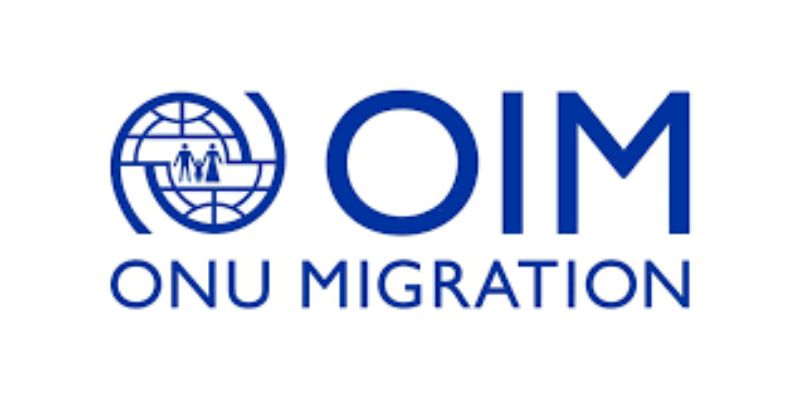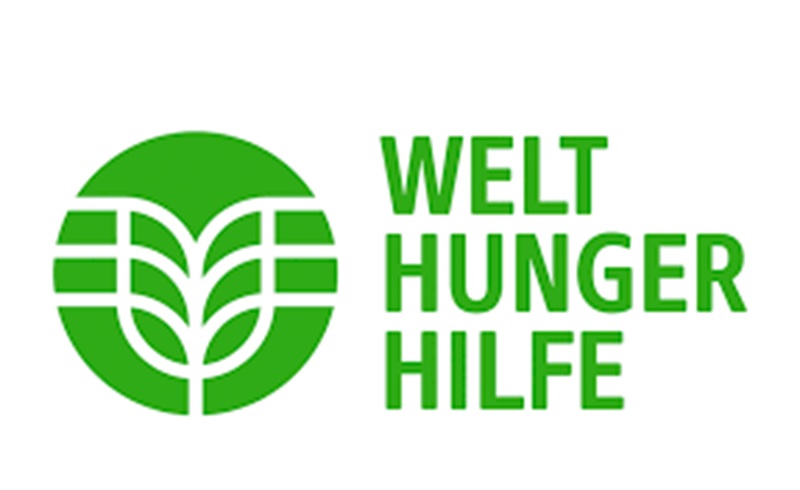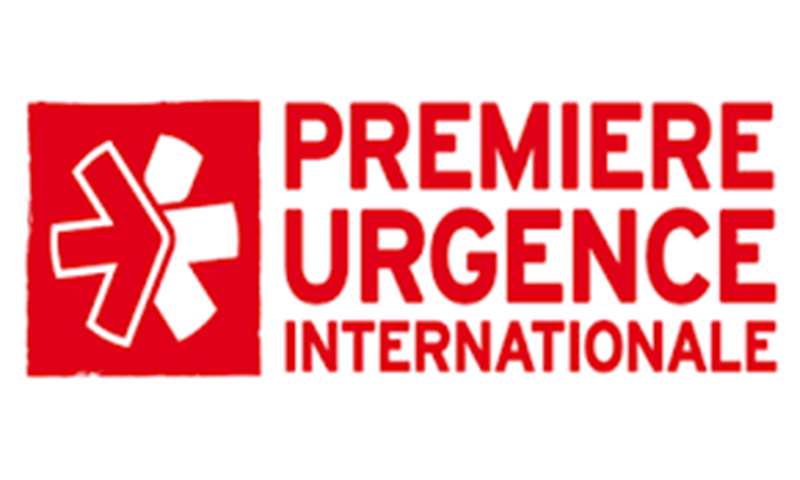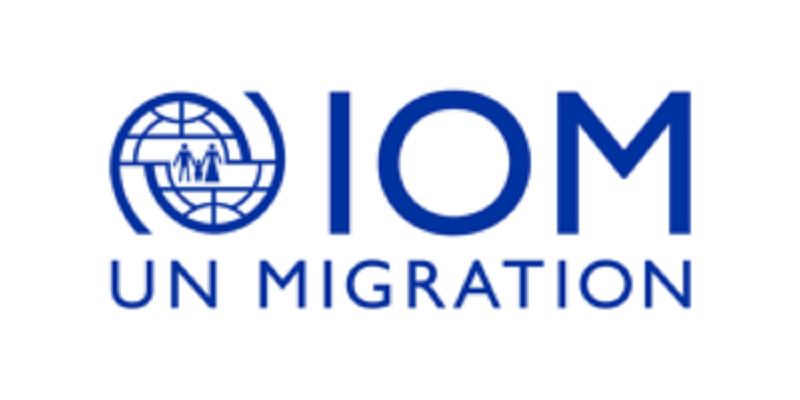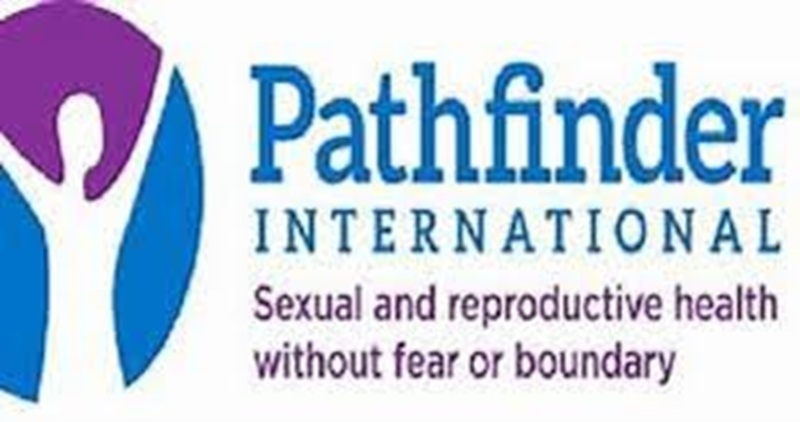Established in 1951, IOM is a Related Organization of the United Nations, and as the leading UN agency in the field of migration, works closely with governmental, intergovernmental and non-governmental partners. IOM is dedicated to promoting humane and orderly migration for the benefit of all. It does so by providing services and advice to governments and migrants.
Context:
Border management in Ghana, like most of West Africa, has been conditioned by certain structures that have determined the approach of border management agencies (BMAs). The fact that borders cut across contiguous communities, the regional integration agenda, and historical trading and migratory roots mean that countries in the region have adopted a “a soft-touch” approach to border management—trying to ensure social cohesion between cross border communities while also ensuring border security. This context comes with inherent challenges, including the existence of numerous non-designated crossing points between crossborder communities; a lack of adherence to immigration regulations, including cross-border community members crossing borders without appropriate travel documentation; mistrust and, at times, conflict between cross-border community members and BMAs; and difficulty generating accurate statistics and information on cross-border flows.
The increasing sophistication of transnational organized crime; the rise of international violent extremism in the Sahel region; and the outbreak of the COVID-19 pandemic have also raised new challenges to BMAs, especially in terms of regulating/ detecting entry and exit of persons of interest; strengthening the resilience of border communities to extremist ideologies; responding to humanitarian crisis; and the screening and referral of persons that might be of public health concern.
To respond to these challenges, IOM, in consultation with national and regional stakeholders, has proposed a five-pronged strategy, including reinforcing the equipment and infrastructure of the existing network of border posts; supporting the digitization of information management at the land borders through the installation of border management information systems; engaging border communities and other stakeholders in developing and executing border management plans; strengthening the capacity of border posts and border communities to respond to emergencies; and supporting the capacity building of border management stakeholders to respond to emerging challenges. This position works under the direct supervision of the Immigration and Border Management (IBM) Programme Coordinator and the overall supervision of the Chief of Mission and will support the implementation of IBM projects in the mission (and region), contributing to strengthen the capacity of border management agencies and reinforce the resilience of border communities to respond to emerging challenges in border management, contributing to stronger migration governance and border security in Ghana.
Core Functions / Responsibilities:
1. Assist in the planning, coordination, implementation and monitoring of project activities.
2. Support to compile, summarize, analyse, and present project information/data.
3. Act as focal point for administrative coordination of project implementation, involving liaison with internal organizational units to initiate requests, obtain necessary clearances, follow-up on administrative actions, etc., related to project implementation.
4. Support the drafting of project reports, correspondence, briefing notes, research questionnaires, graphics, statistical tables, and other forms of documentation.
5. Organize meetings, workshops and training sessions; prepare training materials and participate in the delivering of capacity building workshops.
6. Support knowledge management and learning through maintaining project archives/ records of activity reports, capacity building tools, administrative documents, etc.
7. Participate in meetings and conferences; maintain effective liaison and coordination with local authorities, partners, United Nation agencies, intergovernmental and non-governmental organizations, donors and other stakeholders relevant to the project.
8. Monitor the implementation of project activities, including the work of implementing partners and report any non-compliance to the supervisor.
9. Perform other related duties as assigned.
Required Qualifications and Experience:
Education • High school diploma with five years of relevant experience; or, • Bachelor’s degree in Political or Social Sciences, International Relations, Development Studies, Migration Studies, Human Rights, Law or related fields from an accredited academic institution with three years of relevant professional experience.
Experience
- Experience in liaising with governmental authorities, national/international institutions, United Nations agencies and non-governmental organizations;
- Experience in working with migrants, refugees, internally displaced persons, victims of trafficking and other vulnerable groups;
- Previous experience of working on border management projects or with border communities; and
- Prior work experience with international humanitarian organizations, non-government or government institutions/organization in a multi-cultural setting is an advantage.
Languages
For this position, fluency in English is required (oral and written). Working knowledge of French is an advantage.
Accredited Universities are the ones listed in the UNESCO World Higher Education Database (https://whed.net/home.php).
Required Competencies:
Values – all IOM staff members must abide by and demonstrate these three values:
• Inclusion and respect for diversity: respects and promotes individual and cultural differences; encourages diversity and inclusion wherever possible.
• Integrity and transparency: maintains high ethical standards and acts in a manner consistent with organizational principles/rules and standards of conduct.
• Professionalism: demonstrates ability to work in a composed, competent and committed manner and exercises careful judgment in meeting day-to-day challenges. Core Competencies – behavioural indicators
• Teamwork: develops and promotes effective collaboration within and across units to achieve shared goals and optimize results.
• Delivering results: produces and delivers quality results in a service-oriented and timely manner; is action oriented and committed to achieving agreed outcomes.
• Managing and sharing knowledge: continuously seeks to learn, share knowledge and innovate.
• Accountability: takes ownership for achieving the Organization’s priorities and assumes responsibility for own action and delegated work.
• Communication: encourages and contributes to clear and open communication; explains complex matters in an informative, inspiring and motivational way.
IOM’s competency framework can be found at this link: https://www.iom.int/sites/default/files/about-iom/iom_revised_competency_framework_external.p df
Competencies will be assessed during a competency-based interview.
Other:
Internals of the Organization and NMS candidates, as well as external female candidates, will be considered as first-tier candidates.
This vacancy is also open to second-tier candidates.
The appointment is subject to funding confirmation.
Appointment will be subject to certification that the candidate is medically fit for appointment or visa requirements and security clearances.
No late applications will be accepted.
How to apply:
Interested candidates are invited to submit their applications directly to [email protected] by 19th December 2022 at the latest, referring to this advertisement.
Only shortlisted candidates will be contacted.
Posting period: From 06.12.2022 to 19.12.2022
No Fees:
IOM does not charge a fee at any stage of its recruitment process (application, interview, processing, training or other fee). IOM does not request any information related to bank accounts.

